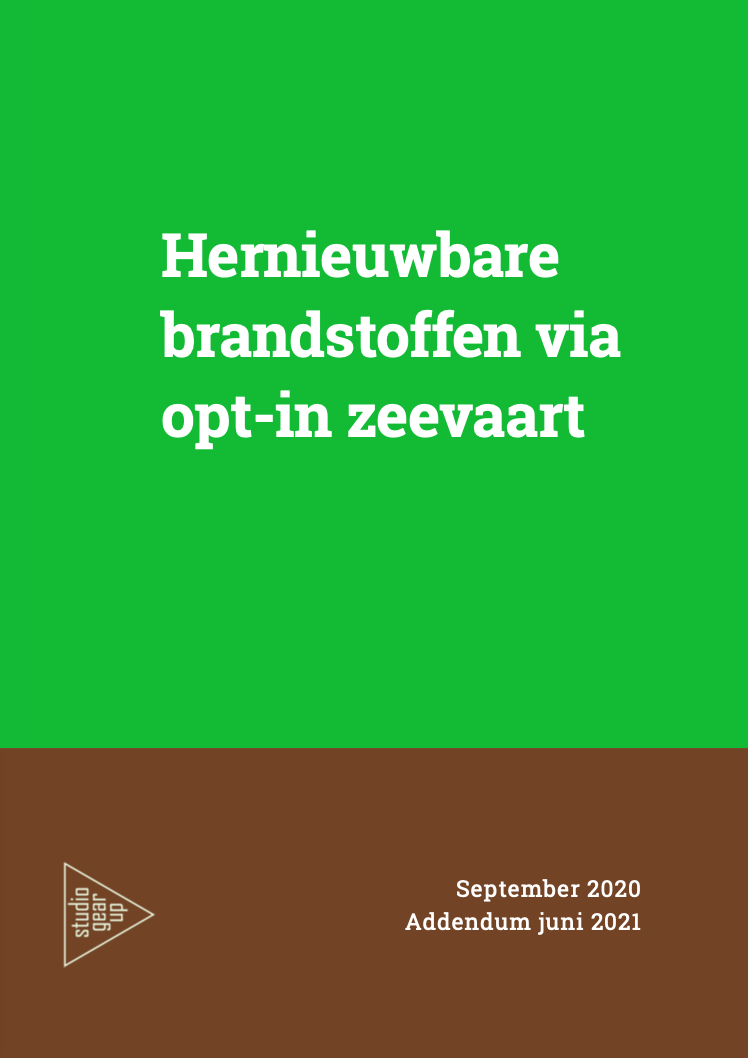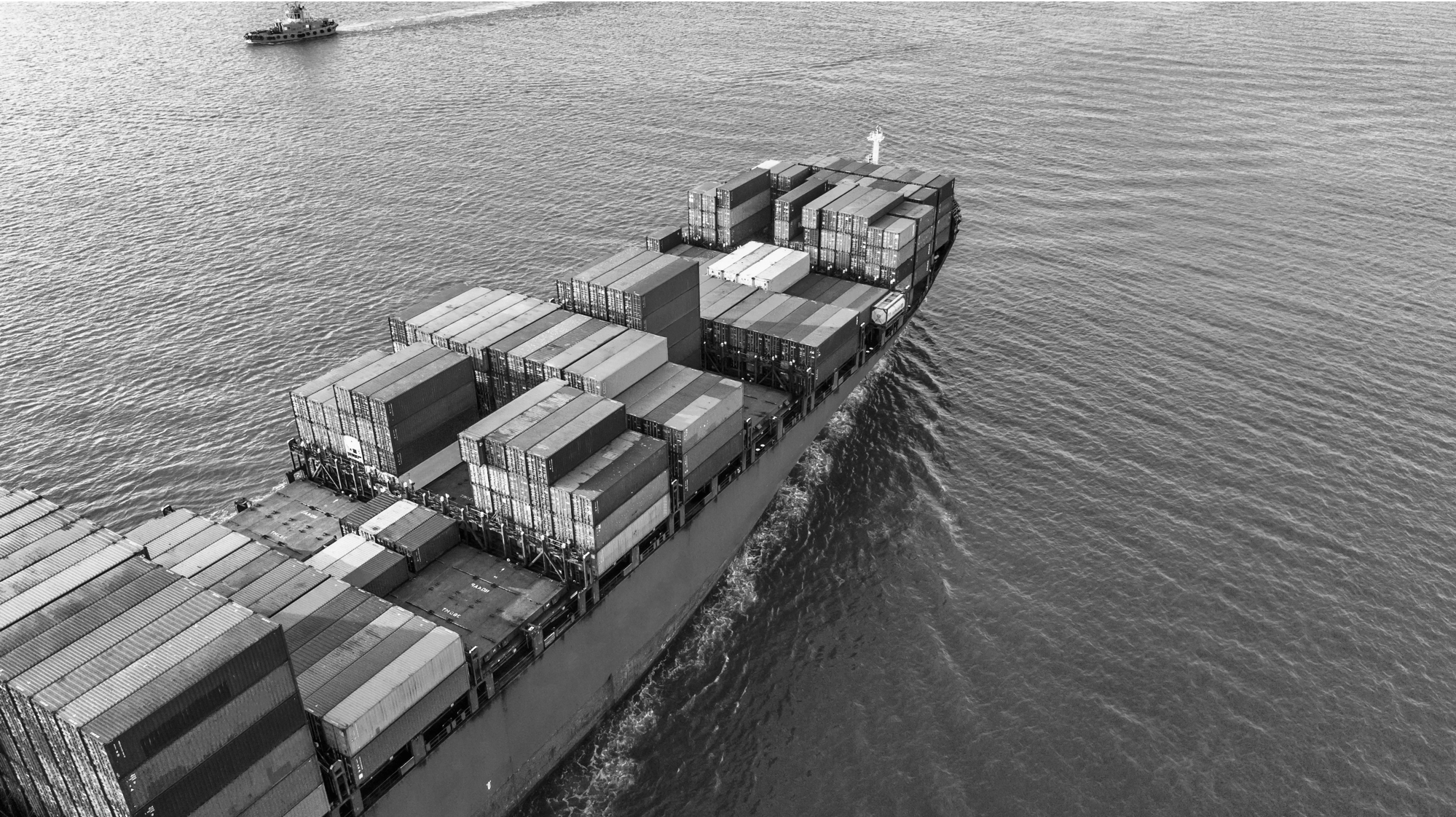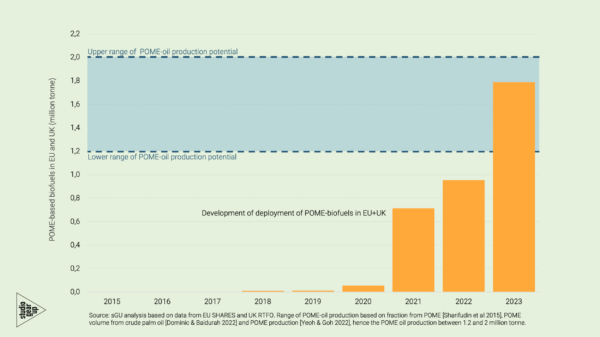June 2021, Dutch Ministry Infrastructure and Water management wished to better understand what the effects would be of allowing only advanced biofuels to be registered for bunkers to maritime transport, and whether additional factors are needed to maintain the balance between bookings in road transport and the seagoing shipping sector. We presented an additional advice about this specific question in an Addendum to the full report that had been published September 2020. The full report is containing an analysis of using the opt-in for bunkers of renewable fuels to the maritime sector.
Multiplier factor
Specifically about determining a multiplier factor, studio Gear Up has pointed out how it is impossible to determine the correct multipier in advance. Furthermore, setting a factor is related to the policy objective on the one hand and market developments on the other. If the government wants to encourage renewable fuels in shipping, a high factor is better. If the government wants to limit the impact on available volumes for the road transport sector, a low factor is better. The government must first determine what its goal is, and when this goal will be overshot.
Market developments
There is still little supply and hardly any open trade in advanced biofuels. It is therefore not yet possible to determine the effect of a factor on the balance between the demand in the seagoing shipping sector and road transport. A multiplier factor of 1 can be applied for Annex IX A fuels that are actually only used in maritime transport, because these fuels cannot be cost-effectively brought to the fuel specification for road transport.
We do expect competition from road transport for other Annex IX A fuels, which can be used in both sectors. For these fuels, we recommend setting the multiplier factor not higher than 0.8. When setting up the opt-in, it must be clearly communicated to the market that the factor can be adjusted if the target is missed, for example if too many fuels leak from road transport to the maritime sector, or if too little volume is used in maritime shipping. We recommend doing this with agreeing on a clear communication to the sector, in small steps, according to pre-announced calculation rules.
Read the whole report, and find the addendum on p.24-26 (in Dutch). Find the report here, or click below.





